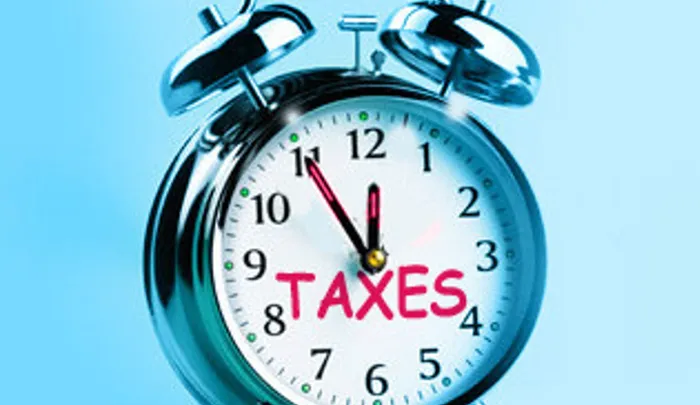
Discover the key insights from the Annual Tax Indaba, where tax practitioners and policymakers gathered to discuss urgent reforms and innovative solutions for enhancing revenue collection in South Africa.
Image: Supplied
Taxpayers, tax practitioners, and the Tax Man must work together to ensure everyone pays their fair share in taxes. When the South African Revenue Service (SARS) collects the taxes rightfully owed, it supports a positive economic growth trajectory that benefits all citizens.
This was a key takeaway from the robust discussions at the Annual Tax Indaba, hosted by the South African Institute of Taxation (SAIT) recently.
SAIT is the largest controlling body for registered tax practitioners in the country.
Now in its 12th year, the Indaba is the flagship event on the tax calendar. This year’s three-day conference took place amid rising government debt, a strained economic environment hampering SARS’s ability to collect revenues, and an estimated tax gap of R800 billion.
Known for fostering constructive dialogue among all stakeholders to enhance the tax ecosystem, the Indaba attracted policymakers, leading tax industry figures, thought leaders, and practitioners. Attendees included representatives from the government, the International Monetary Fund, National Treasury, Sars, the South African Reserve Bank, corporate tax teams, legal experts, and academics.
The Indaba welcomed more than 650 unique delegates, with some joining virtually.
Driving change through dialogue and Innovation
Keitumetse Sesana, acting deputy chief executive officer at the SAIT, described the event as a critical platform to discuss bold tax reform, operational changes at Sars, and the evolving role of tax practitioners.
The dynamic panels and presentations covered a wide range of topics, including Sars’s efforts to improve tax debt collection, combat non-compliance, and address aggressive tax schemes stripping the fiscus of money due.
The increasing role of tech-driven solutions, the use of Artificial Intelligence, and big data in enhancing revenue collection also took centre stage during the conference.
Sesana highlighted the importance of collaboration to enable taxpayers and tax practitioners to work with Sars to ensure full compliance and accurate tax payments.
Much of the conference focused on the technical aspects of corporate, international, and personal income tax, as well as tax administration, equipping practitioners with knowledge to better support their clients.
“We must recognise how we, as an industry of tax practitioners, can assist the government and Sars to collect what is due, by educating clients and ensuring the right amount of tax is paid to sustain the fiscus.” This partnership helps secure the revenue necessary to keep the country moving forward.
Key issues also included the VAT registration for businesses if the total value of taxable goods or services is more than R1 million in a 12-month period, as well as VAT refunds, as an important economic enabler for business cash flow, but they remain vulnerable to abuse.
As an event designed to strengthen the tax community, networking remains a core feature of the Indaba. Many delegates comment on its value as both a learning and networking opportunity.
Global trends shaping South Africa’s tax environment
The Indaba also examined South Africa’s evolving tax landscape within the global context, discussing the impact of international policies and events on the economy. For instance, trade tensions like former President Donald Trump’s tariff wars and South Africa’s greylisting by the Financial Action Task Force (FATF) were on the agenda.
Taxes are the way, but…
Sesana said the industry now awaits the Draft Tax Bills, which propose technical amendments to the legislation that Sars and the National Treasury intend to make. These amendments aim to close loopholes and enhance revenue collection.
It is a fact that tax collection drives the country, but the shift is moving from taxing the existing base to collecting the outstanding tax debt that already exists. This approach could delay the need for future tax increases.
In a television interview following the Indaba, Sesana said it was encouraging to hear from Deputy Finance Minister Ashor Sarupen and MP Alan Beesley, a member of the Parliamentary Standing Committee on Finance (SCOF). Both emphasised that the National Treasury does not take political sides in fiscal matters and is committed to policies that will advance the nation and its citizens.
* De Lange is a freelance writer.
PERSONAL FINANCE